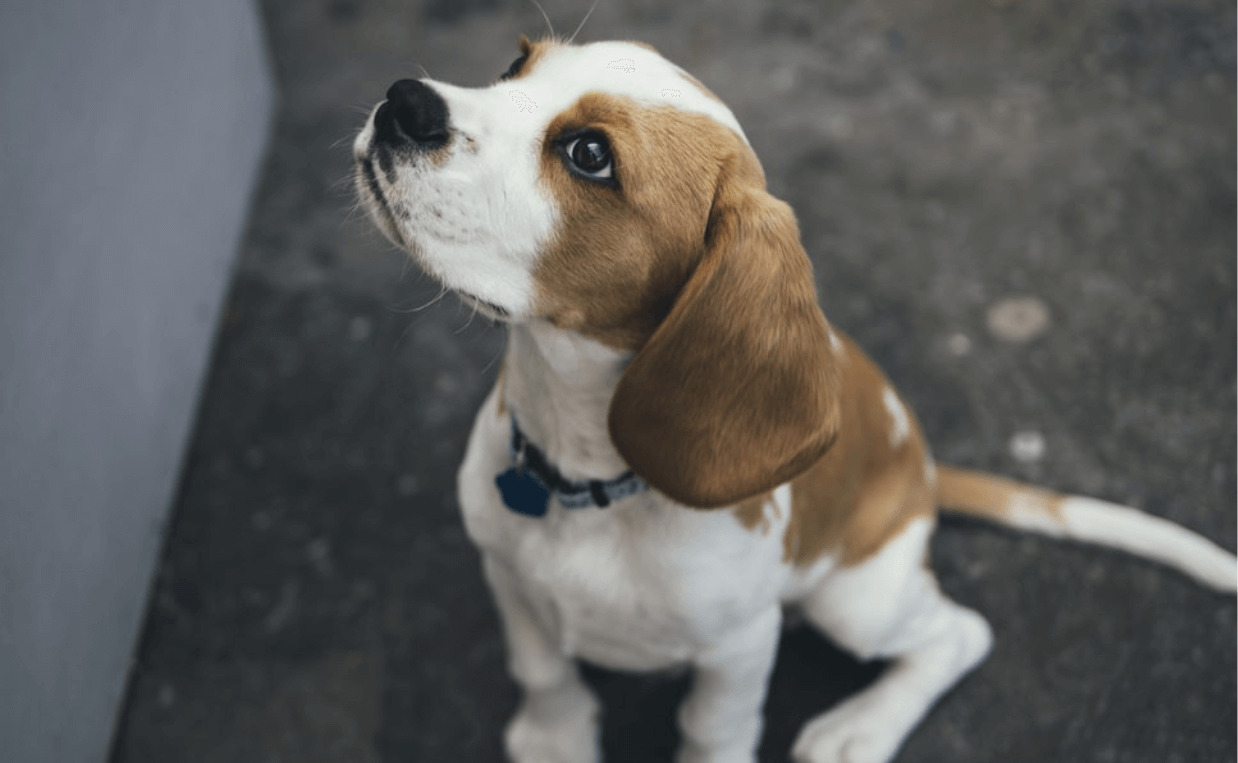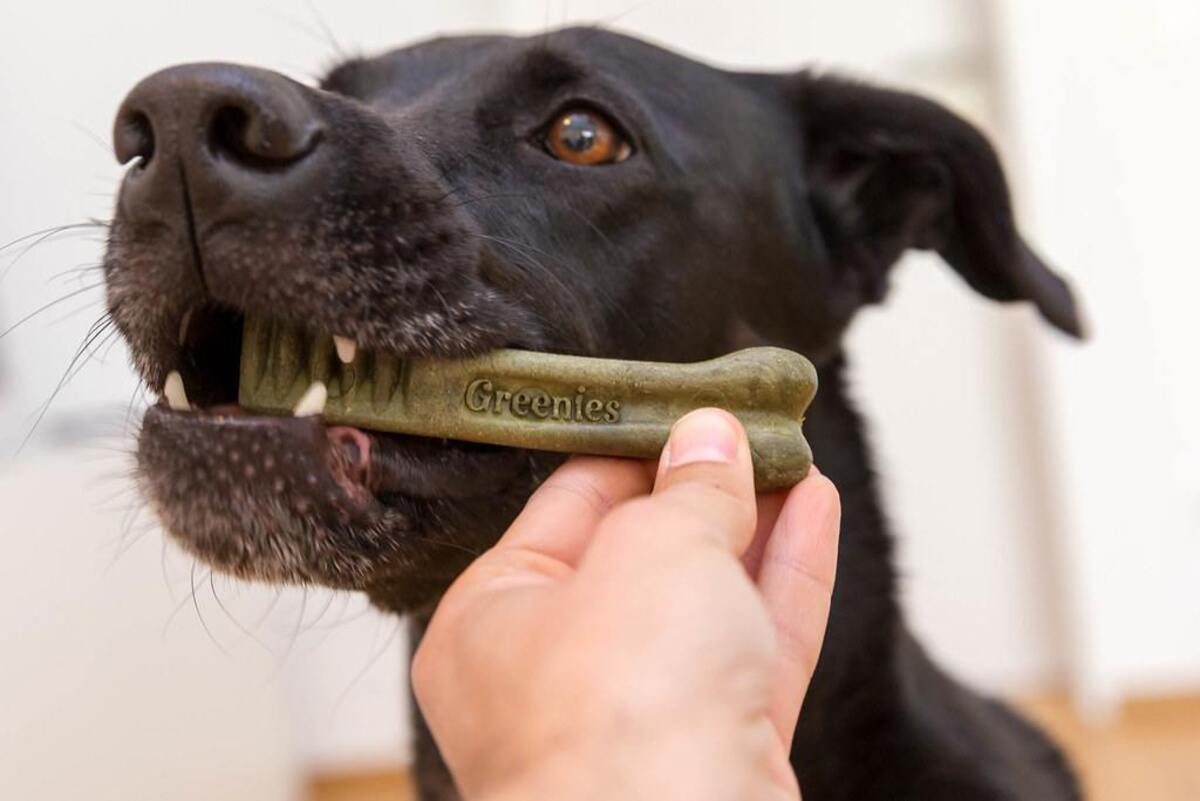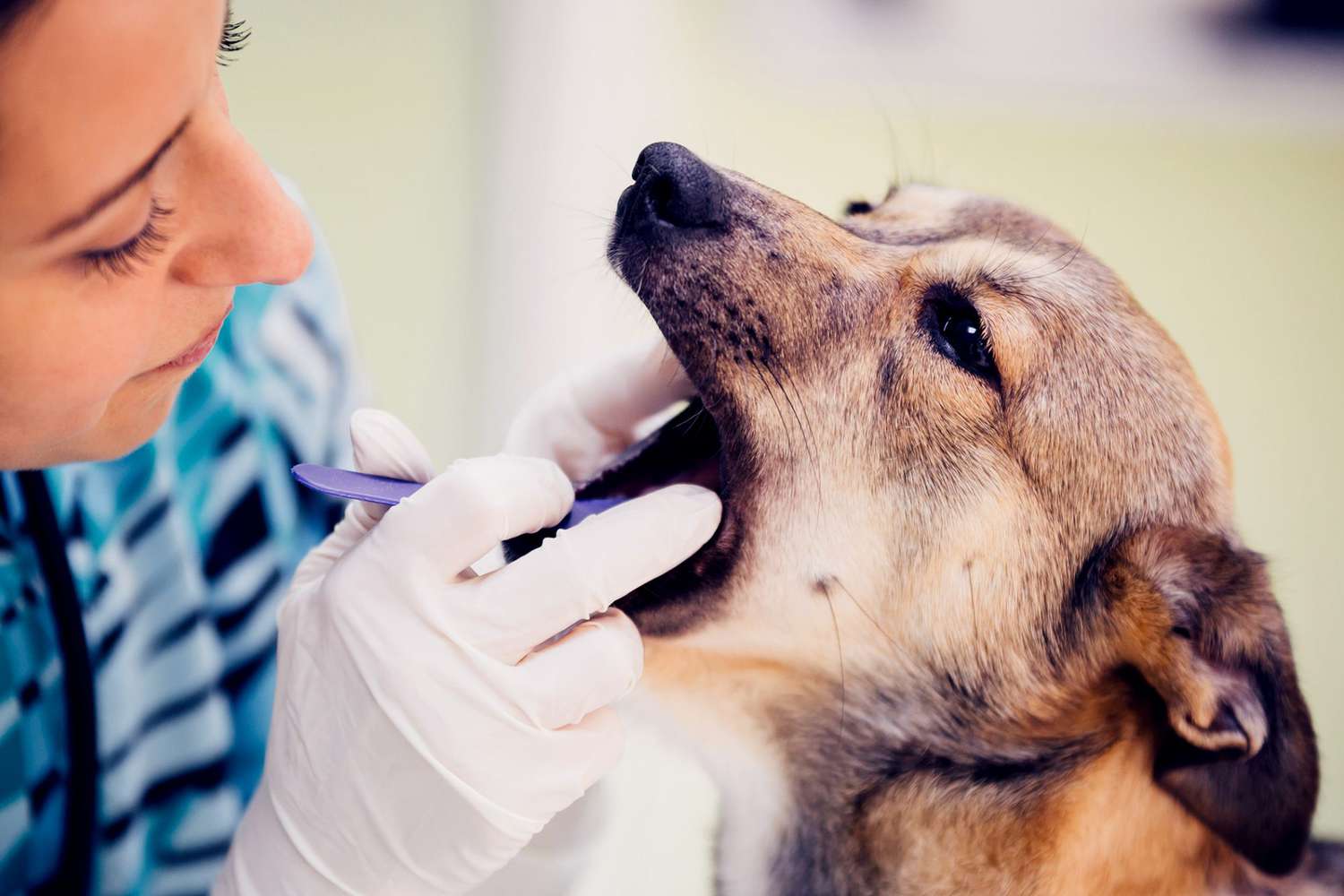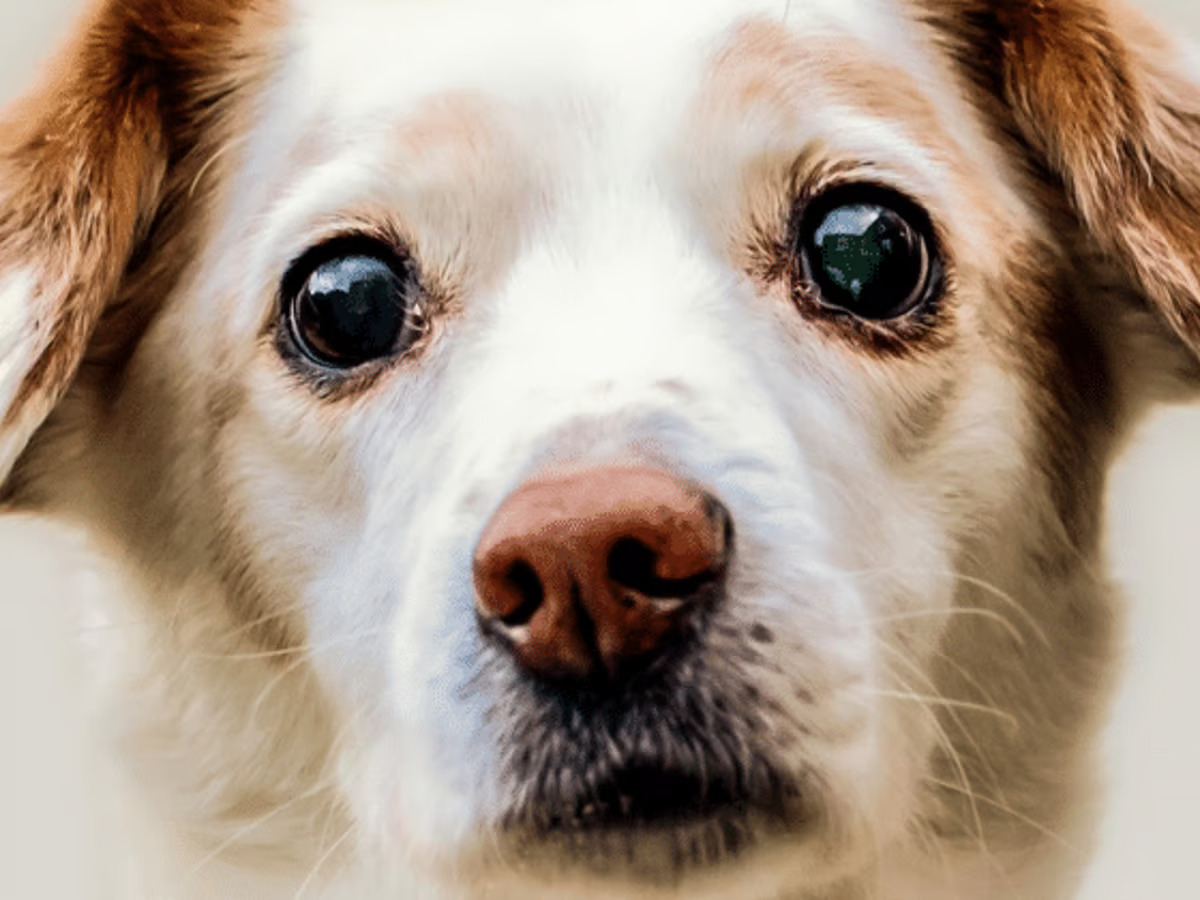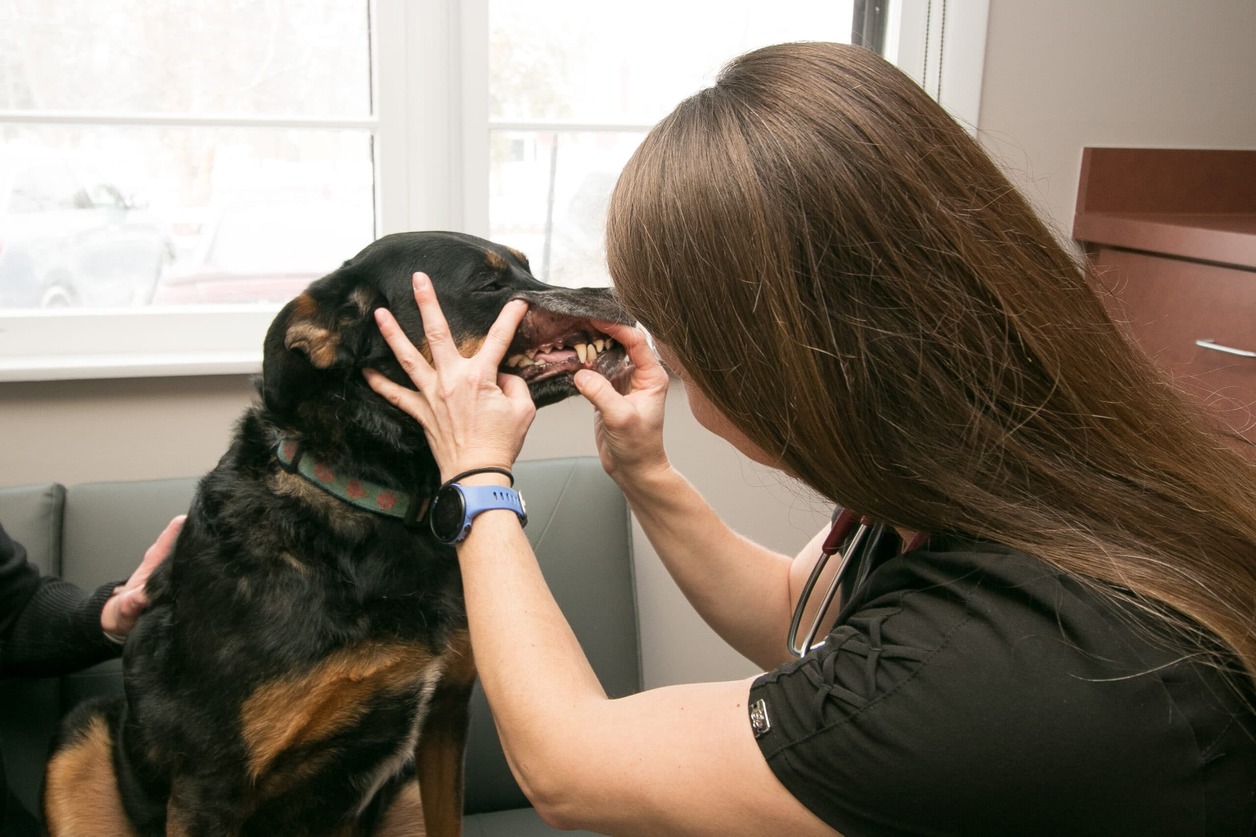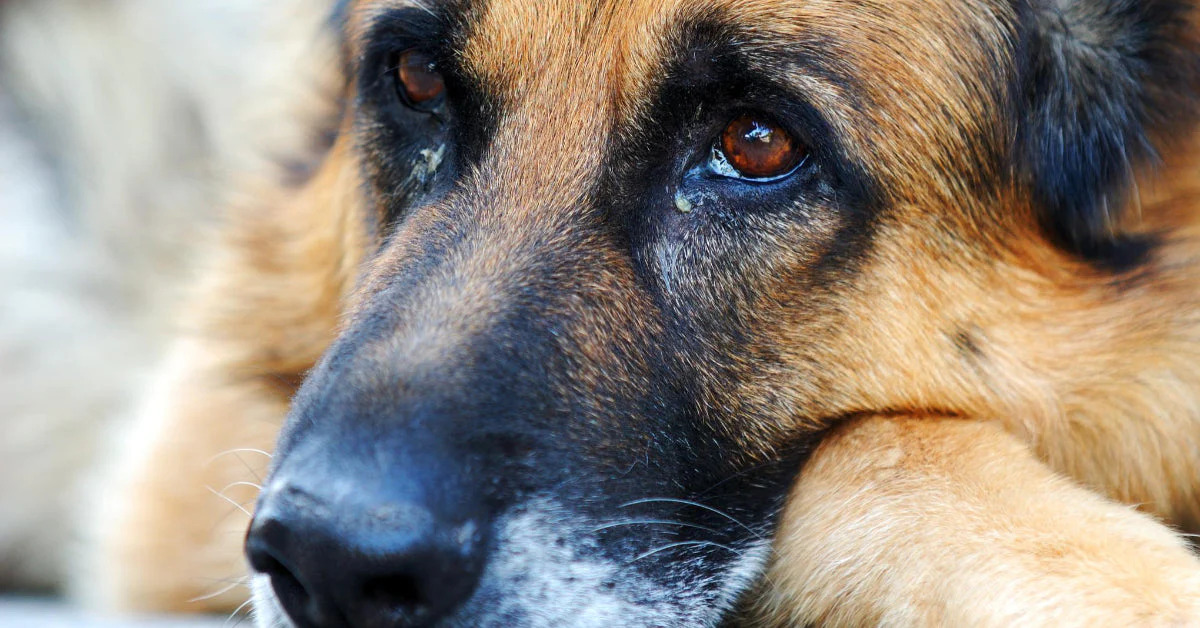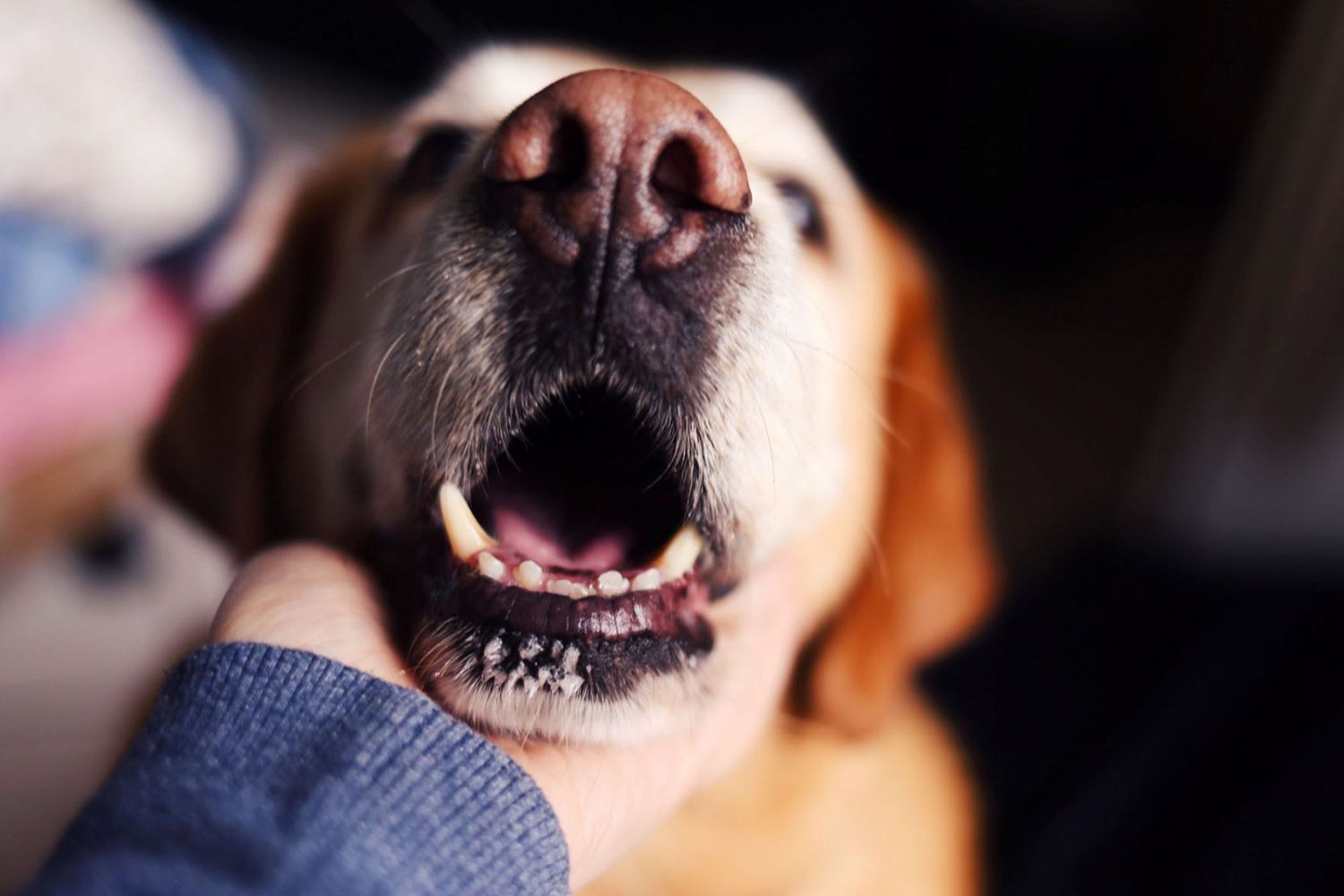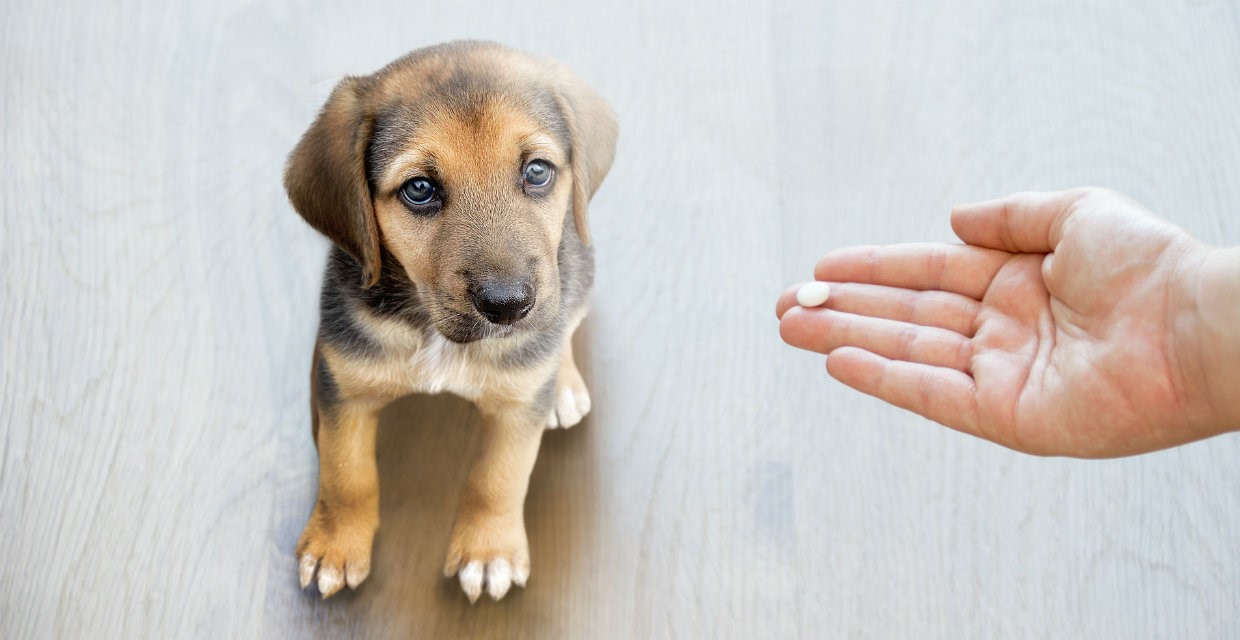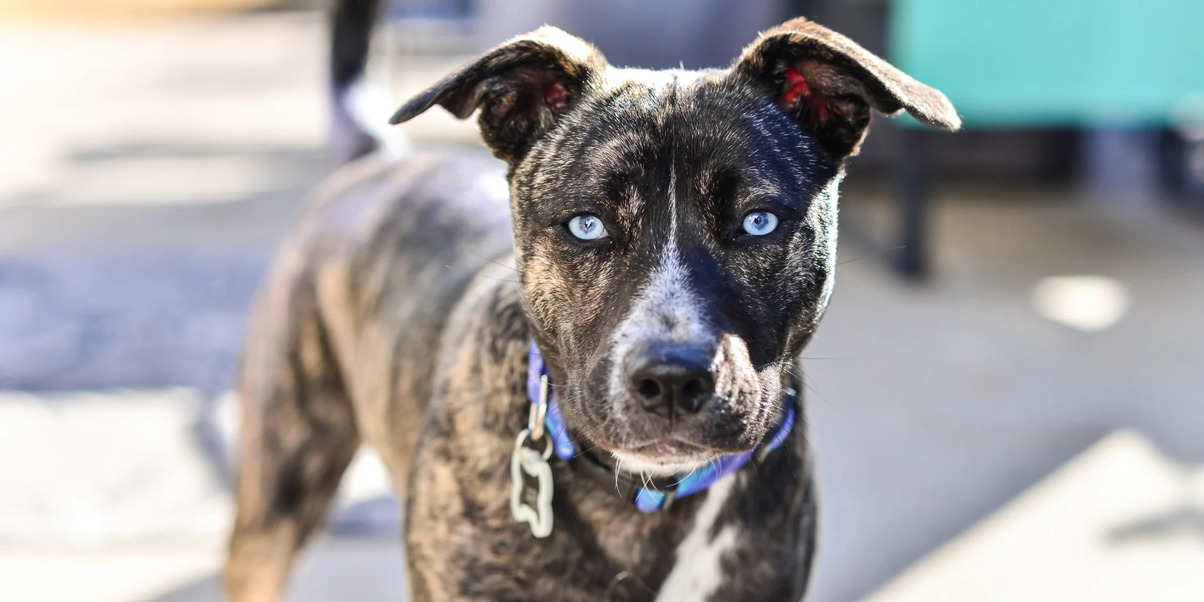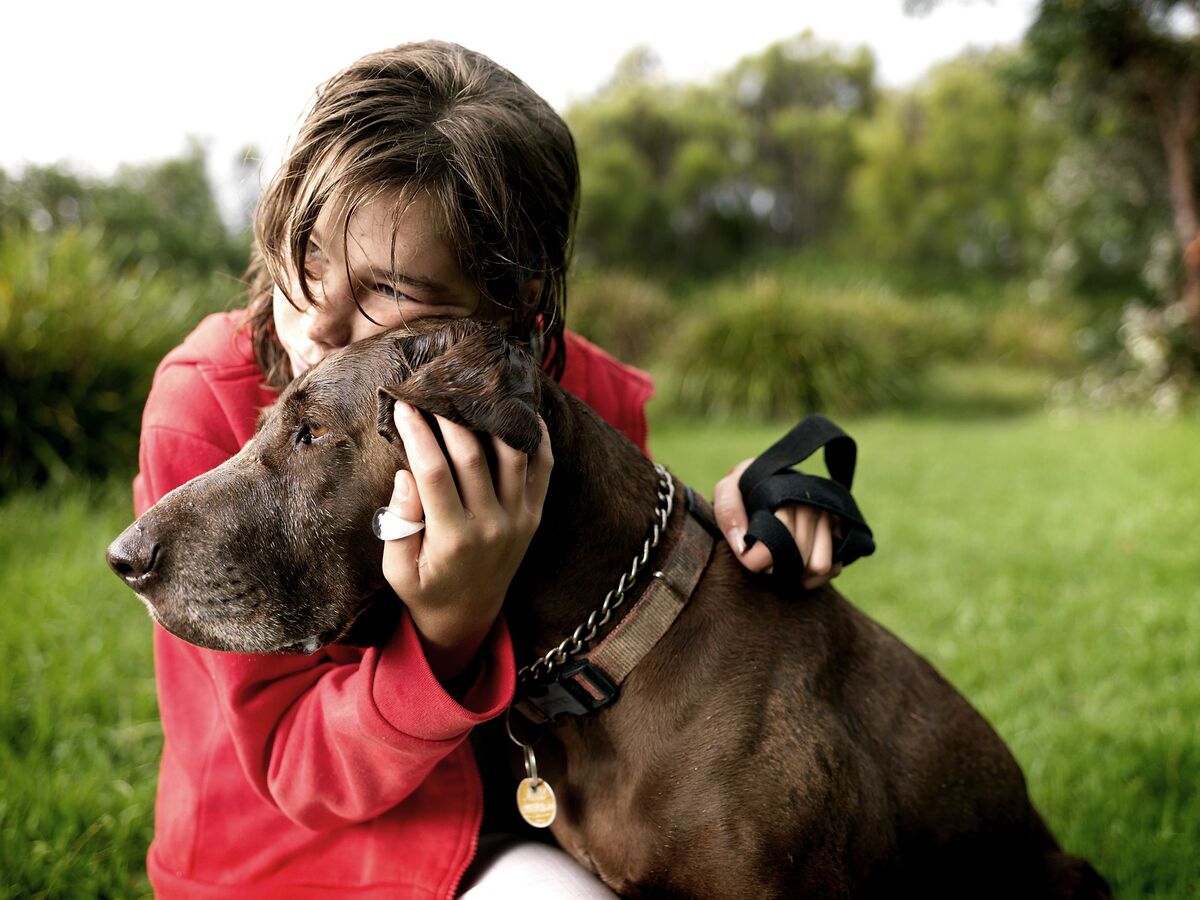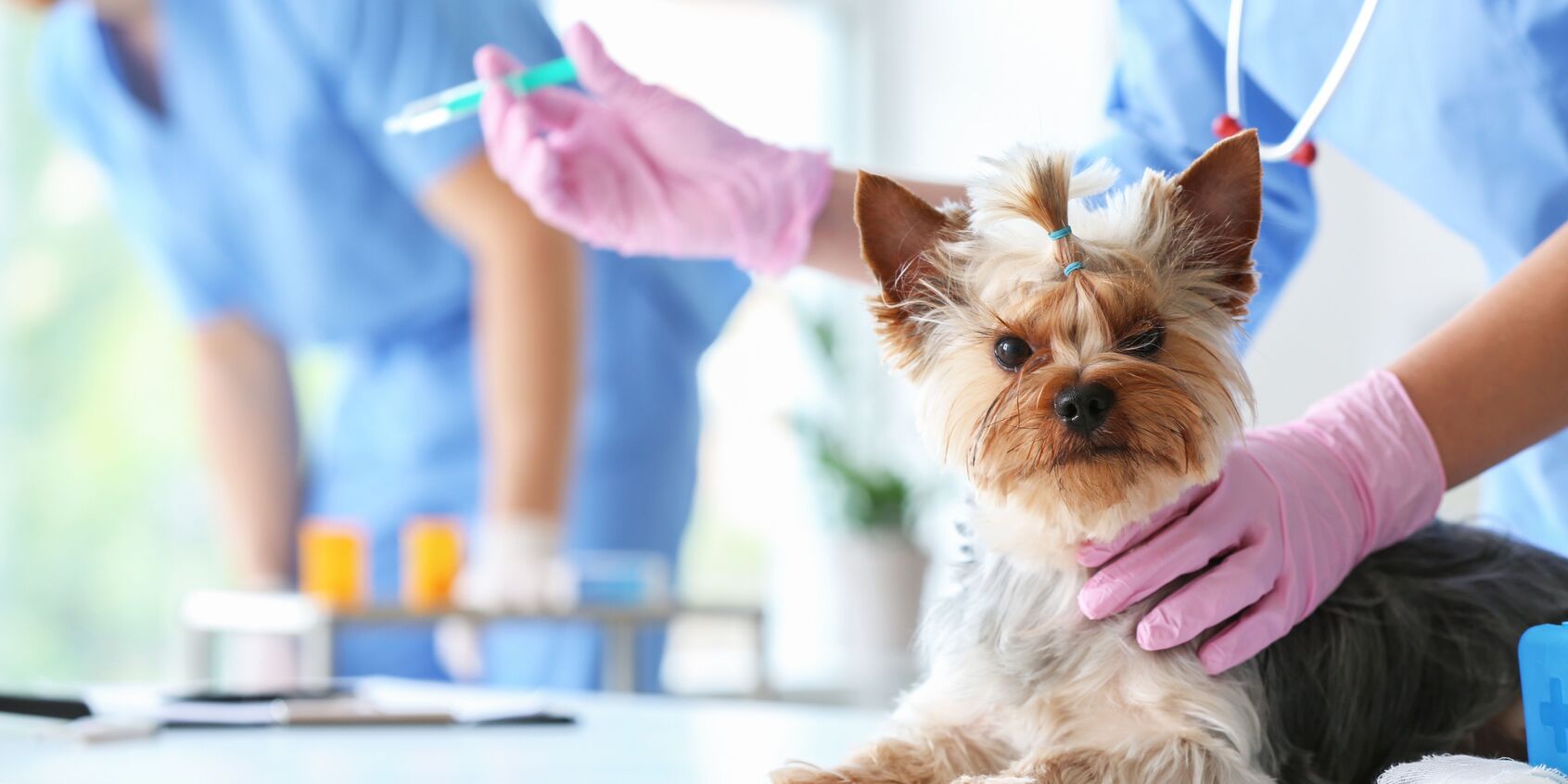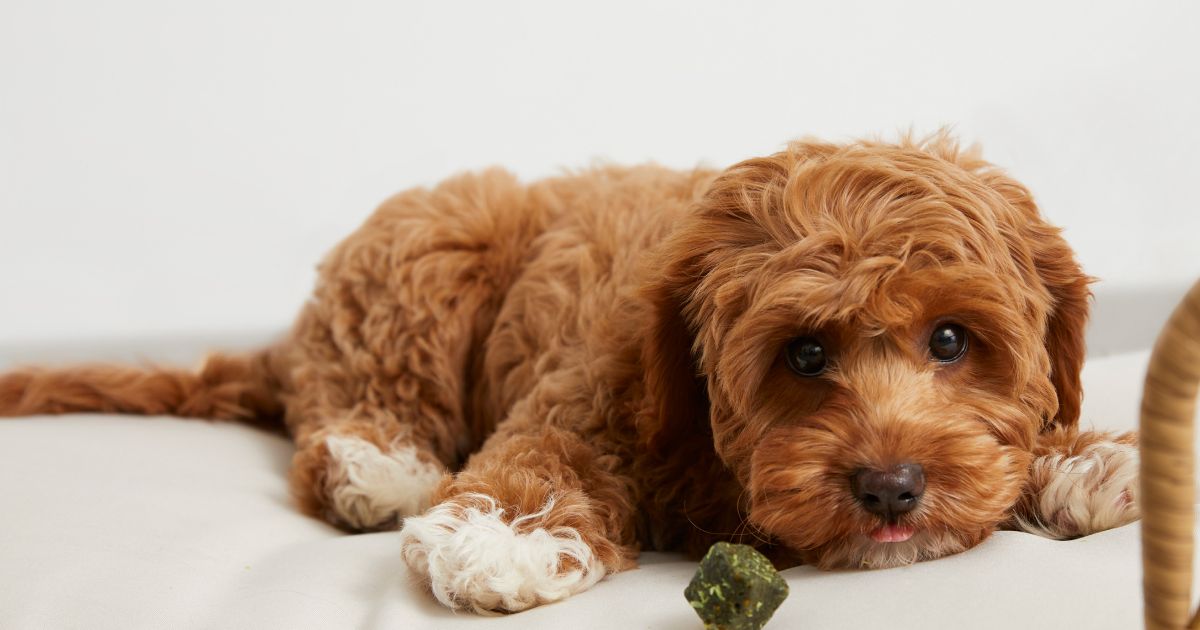Home>Health & Wellness>Common Health Issues>When Does My Dog Need Dental Cleaning?
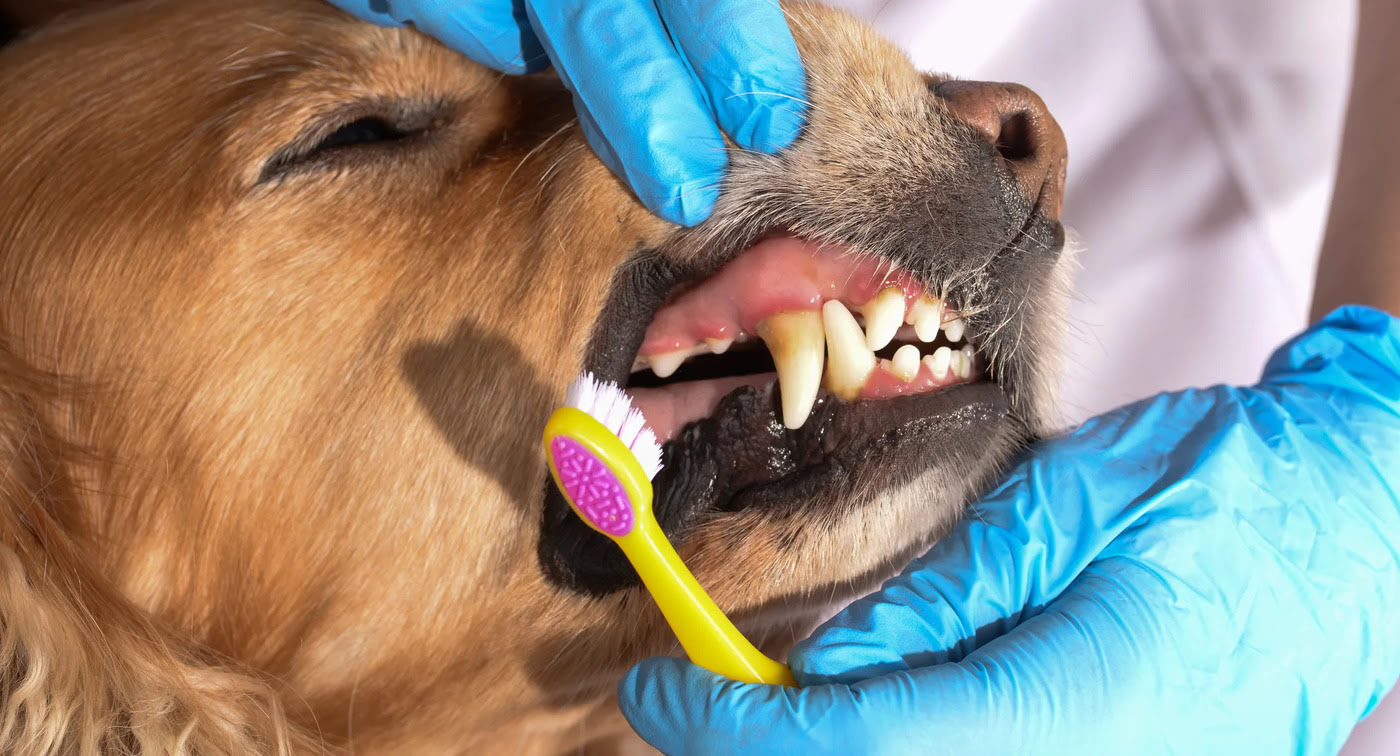

Common Health Issues
When Does My Dog Need Dental Cleaning?
Published: January 31, 2024
Learn about common health issues in dogs, including when they may need dental cleaning. Keep your furry friend healthy and happy with proper dental care.
(Many of the links in this article redirect to a specific reviewed product. Your purchase of these products through affiliate links helps to generate commission for Pawsomeoldies.com, at no extra cost. Learn more)
Table of Contents
Introduction
Maintaining good oral health is crucial for our furry companions, and dental care plays a vital role in ensuring their overall well-being. Just like humans, dogs can experience dental issues that, if left unaddressed, can lead to discomfort, pain, and potential health complications. As responsible pet owners, it's essential to be proactive in monitoring and caring for our dog's dental hygiene.
Dental cleaning is an integral part of a dog's healthcare routine, and understanding when and why it's necessary can significantly impact their quality of life. By recognizing the signs that indicate a need for dental cleaning, understanding its importance, and learning how to maintain oral health at home, pet owners can actively contribute to their dog's overall health and happiness.
In the following sections, we will delve into the signs that indicate a need for dental cleaning in dogs, the importance of professional dental care, the recommended frequency for scheduling dental cleanings, and practical tips for maintaining your dog's dental health at home. By exploring these aspects, you will gain valuable insights into the significance of dental care for your canine companion and how to ensure their oral hygiene is well-maintained.
Signs that your dog needs dental cleaning
Maintaining a keen eye on your dog's oral health is crucial, as dental issues can significantly impact their overall well-being. Recognizing the signs that indicate a need for dental cleaning is essential for proactive care. Here are some common indicators that your dog may require dental cleaning:
-
Bad Breath (Halitosis): Persistent bad breath in dogs can be a sign of dental problems. Foul-smelling breath often indicates the presence of bacteria and plaque buildup in the mouth, which can lead to gum disease and other oral issues.
-
Visible Tartar and Discoloration: Check your dog's teeth and gums regularly for the presence of yellow or brown tartar buildup. Discoloration on the teeth and along the gum line is a clear indication of dental problems that may require professional cleaning.
-
Gum Inflammation and Bleeding: Inflamed or bleeding gums can signal the onset of periodontal disease, a common dental issue in dogs. Red, swollen gums and bleeding during chewing or when brushing your dog's teeth are concerning signs that should prompt a dental examination.
-
Changes in Eating Habits: If your dog shows reluctance to eat, chews on one side of the mouth, or displays discomfort while eating, it could be due to dental pain or discomfort. Changes in eating habits often indicate underlying dental issues that necessitate attention.
-
Excessive Drooling: While some drooling is normal for certain breeds, excessive drooling can be a sign of dental problems. If you notice a sudden increase in drooling or if your dog is drooling more than usual, it may be linked to dental issues that require evaluation.
-
Pawing at the Mouth: Dogs experiencing dental pain may paw at their mouth or face in an attempt to alleviate discomfort. Persistent pawing or rubbing at the mouth area can indicate dental problems that need to be addressed by a veterinarian.
-
Loose or Missing Teeth: Loose teeth or missing teeth in adult dogs are not typical and can be indicative of advanced dental issues. Any changes in the structure of your dog's teeth should be promptly examined by a veterinary professional.
By remaining attentive to these signs and promptly addressing any concerns with your veterinarian, you can ensure that your dog receives the necessary dental care to maintain optimal oral health. Regular dental cleanings and proactive monitoring can help prevent the progression of dental issues and contribute to your dog's overall well-being.
Importance of dental cleaning for dogs
Maintaining proper dental hygiene is essential for dogs to ensure their overall health and well-being. Dental cleaning plays a crucial role in preventing oral diseases and addressing existing dental issues in our canine companions. The importance of dental cleaning for dogs extends beyond just fresh breath and clean teeth; it directly impacts their overall health in several ways.
Prevention of Dental Diseases
Regular dental cleaning helps prevent the onset and progression of dental diseases such as periodontal disease, gingivitis, and dental decay. These conditions can cause pain, discomfort, and potential complications if left untreated. By removing plaque, tartar, and bacteria through professional dental cleanings, the risk of developing these diseases is significantly reduced, promoting a healthier oral environment for dogs.
Pain Management
Dental issues can cause significant pain and discomfort for dogs, impacting their ability to eat, play, and enjoy daily activities. Professional dental cleaning helps address underlying dental problems, alleviating pain and discomfort associated with oral conditions. This not only improves the dog's quality of life but also prevents the development of more severe dental issues that could lead to chronic pain.
Prevention of Systemic Health Issues
Poor oral health in dogs can have far-reaching effects on their overall health. Bacteria and inflammation in the mouth can enter the bloodstream, potentially leading to systemic health issues such as heart disease, kidney disease, and respiratory infections. Regular dental cleaning reduces the bacterial load in the mouth, lowering the risk of these systemic complications and promoting better overall health for dogs.
Longevity and Quality of Life
By prioritizing dental cleaning for dogs, pet owners can contribute to their pets' longevity and quality of life. Healthy teeth and gums support proper nutrition and overall well-being, allowing dogs to maintain their vitality and energy as they age. Additionally, addressing dental issues early through professional cleanings can prevent the need for more invasive and costly dental procedures in the future, ensuring a better quality of life for our furry companions.
Enhanced Comfort and Behavior
Dental problems can lead to behavioral changes in dogs, including irritability, reluctance to eat, and decreased activity. Through regular dental cleaning, discomfort associated with oral issues is minimized, promoting better behavior and overall comfort for dogs. This contributes to a harmonious and enjoyable relationship between pets and their owners.
In summary, the importance of dental cleaning for dogs cannot be overstated. It is a fundamental aspect of responsible pet ownership, directly impacting the health, comfort, and longevity of our beloved canine companions. By prioritizing dental care and seeking professional cleanings as recommended by veterinarians, pet owners can ensure that their dogs maintain optimal oral health and enjoy a higher quality of life.
How often should you schedule dental cleanings for your dog
The frequency of dental cleanings for dogs is a critical aspect of their oral healthcare routine. The recommended schedule for professional dental cleanings is influenced by various factors, including the dog's age, breed, overall oral health, and individual susceptibility to dental issues. While specific guidelines may vary, general recommendations can provide valuable insights into establishing an appropriate dental cleaning schedule for your canine companion.
Veterinarians typically advise scheduling regular dental cleanings for dogs at least once a year. However, this frequency may vary based on the dog's unique needs and predisposition to dental problems. Certain factors, such as breed-specific dental traits and susceptibility to tartar buildup, may necessitate more frequent cleanings. Small breeds and brachycephalic breeds, such as Bulldogs and Pugs, often require more frequent dental care due to their dental anatomy and increased susceptibility to dental issues.
Additionally, age plays a significant role in determining the frequency of dental cleanings for dogs. Puppies and senior dogs may require more frequent cleanings due to their respective developmental stages and age-related oral health concerns. Puppies experiencing teething and adult tooth eruption may benefit from early dental evaluations and cleanings to ensure proper oral development. On the other hand, senior dogs may require more frequent cleanings to address age-related dental issues and maintain oral health as they age.
Furthermore, individual oral health assessments conducted by veterinarians can influence the recommended frequency of dental cleanings for dogs. During routine wellness exams, veterinarians evaluate the dog's oral health, including the presence of plaque, tartar, gum disease, and other dental concerns. Based on these assessments, personalized recommendations for dental cleaning schedules are provided to address specific oral health needs.
It is important to note that the recommended frequency for dental cleanings may be adjusted based on the dog's response to previous cleanings, the effectiveness of at-home dental care practices, and any emerging dental issues. Open communication with your veterinarian regarding your dog's oral health and any observed changes in their dental condition is essential for determining the most suitable schedule for professional cleanings.
By adhering to the recommended dental cleaning schedule and proactively addressing your dog's oral health needs, you can significantly contribute to their overall well-being and ensure that potential dental issues are promptly identified and managed. Regular professional cleanings, complemented by diligent at-home dental care, form a comprehensive approach to maintaining optimal oral health for your beloved canine companion.
Read more: How Many Calories Does A Senior Dog Need
Tips for maintaining your dog's dental health at home
Maintaining your dog's dental health at home is a proactive and essential aspect of their overall well-being. By implementing effective dental care practices, pet owners can contribute to their dog's oral hygiene and reduce the risk of dental issues. Here are valuable tips for maintaining your dog's dental health at home:
-
Regular Brushing: Establish a routine for brushing your dog's teeth using a canine-specific toothbrush and toothpaste. Aim to brush their teeth at least 2-3 times per week, focusing on the outer surfaces of the teeth. Introducing brushing at an early age can help acclimate your dog to the process.
-
Dental-Friendly Diet: Selecting a diet that promotes dental health can benefit your dog's oral hygiene. Opt for dental-specific dog foods or treats designed to reduce plaque and tartar buildup. Additionally, incorporating dental chews or toys can help mechanically clean your dog's teeth while providing enrichment.
-
Water Additives: Consider using dental water additives that are formulated to support oral health. These additives can be mixed into your dog's drinking water, helping to reduce plaque and maintain fresher breath.
-
Regular Dental Examinations: Schedule routine dental examinations with your veterinarian to assess your dog's oral health. Professional evaluations can identify early signs of dental issues and guide appropriate preventive measures.
-
Supervised Chew Time: Provide your dog with safe and appropriate chew toys or dental chews under supervision. Chewing can help reduce plaque and tartar buildup while offering mental stimulation for your dog.
-
Avoid Human Dental Products: Refrain from using human toothpaste or oral care products on your dog, as they may contain ingredients that are harmful if ingested. Stick to veterinary-recommended toothpaste and oral care solutions.
-
Monitor Oral Changes: Regularly inspect your dog's mouth for any abnormalities, including swollen gums, discolored teeth, or unusual odors. Promptly addressing any observed changes with your veterinarian can prevent the progression of dental issues.
-
Positive Reinforcement: Make dental care a positive experience for your dog by offering praise, rewards, and gentle encouragement during brushing and oral care routines. Creating a positive association can make dental care more enjoyable for your pet.
By incorporating these tips into your dog's daily care regimen, you can actively contribute to their dental health and overall well-being. Consistent and proactive dental care at home, combined with professional dental cleanings, forms a comprehensive approach to ensuring that your dog maintains optimal oral hygiene throughout their life.
